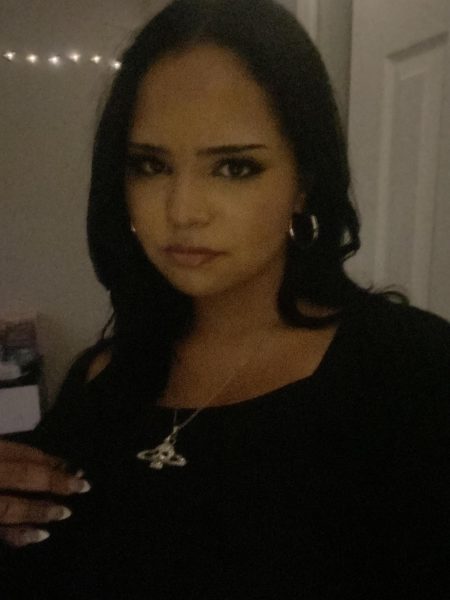The OpenAI platform ChatGPT is currently facing lawsuit charges from actress Scarlett Johansson after claims that the now-pulled chatbox voice, Sky, sounded eerily similar to her own voice after Johansson declined an offer to be the featured voice for the product.
Last September, Johansson stated that she received an offer from Sam Altman, the CEO of OpenAI, to be the voice of the current ChatGPT 4.0 system. Altman hoped that by using Johansson’s voice, OpenAI could bridge the gap between tech companies and the arts, helping consumers feel more comfortable with artificial intelligence’s increasing role in technology.
Johansson declined this offer but told NBC News that she was shocked to hear from family, friends, and even the general public that the new virtual assistant for OpenAI sounded just like her.
OpenAI released a statement claiming that Sky’s voice was not an imitation of Johansson’s voice, but rather one recorded by a professional actor and later combined with other voices available on their platform. The company states that they are withholding the names of those who originally recorded voices for privacy reasons.
However, on May 13, Altman tweeted out “her,” a possible reference to the film Johansson starred in as the voice of the movie’s chat system. This further muddies the claims made by Johansson against the AI company. Additionally, Johannson said in a statement to NBC that Altman continuously connected with her agent asking her to reconsider his offer. Before the actress could respond to the message, the system was already made public.
Johansson plans to take legal action against Altman and the corporation, asking for the specifics on how they made the unbelievably similar voice. OpenAI has since taken down the voice from their platform.
Most of what AI produces is based on what its engine can collect from the mainstream internet, meaning that AI companies acknowledge using work from artists who publish their content online so that it can be combined into the tech companies’ products.
From a legal perspective, there are no laws protecting artists from AI on a federal level. Yet, Johansson’s lawsuit against OpenAI and the rise of artists standing up against the various AI companies may bring new legislation to their benefit.




